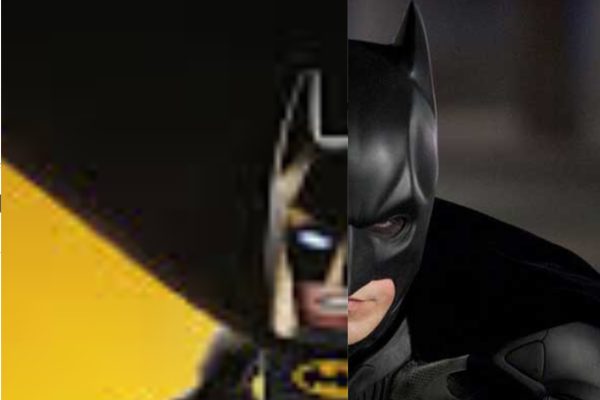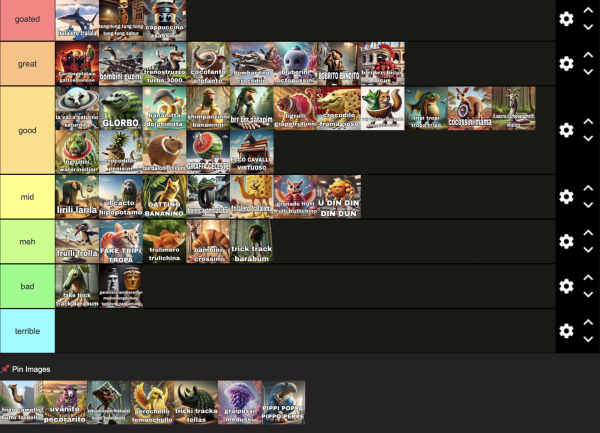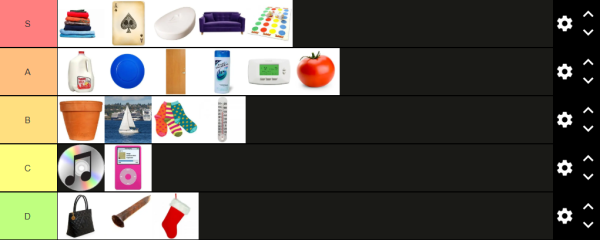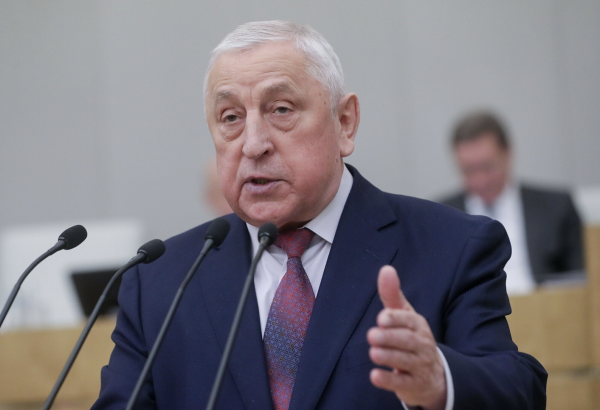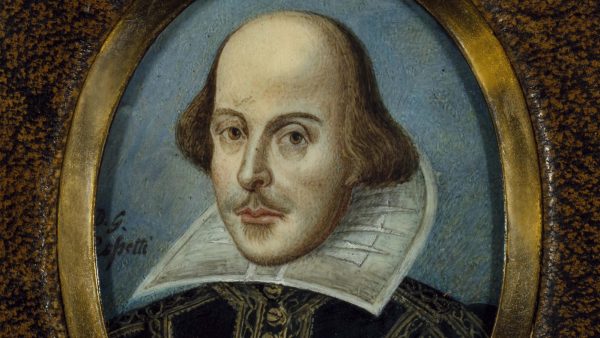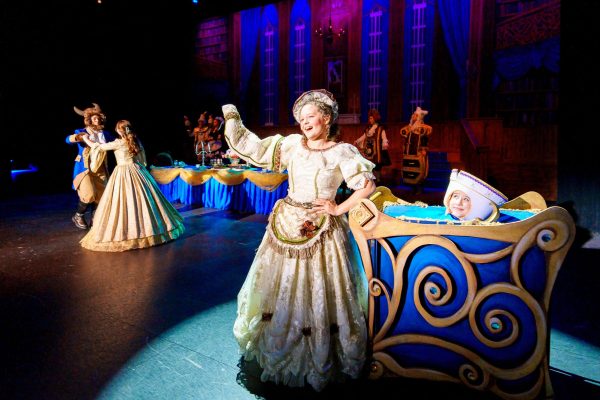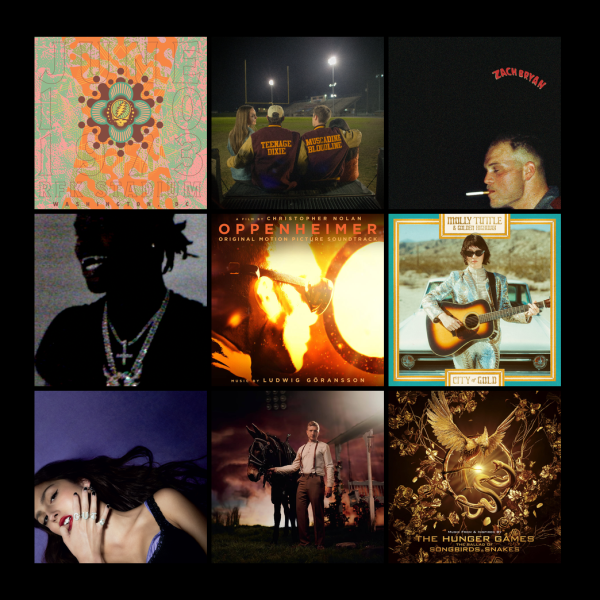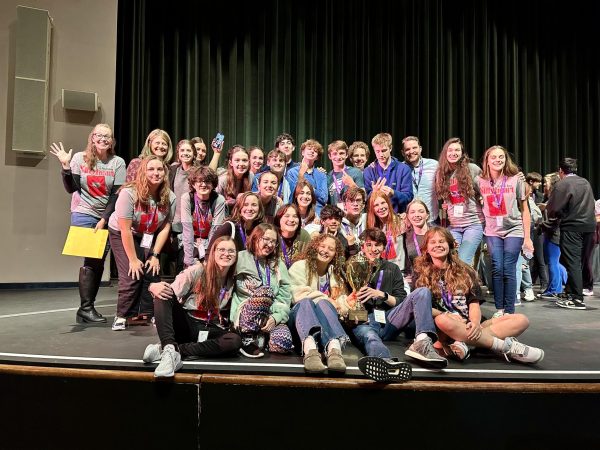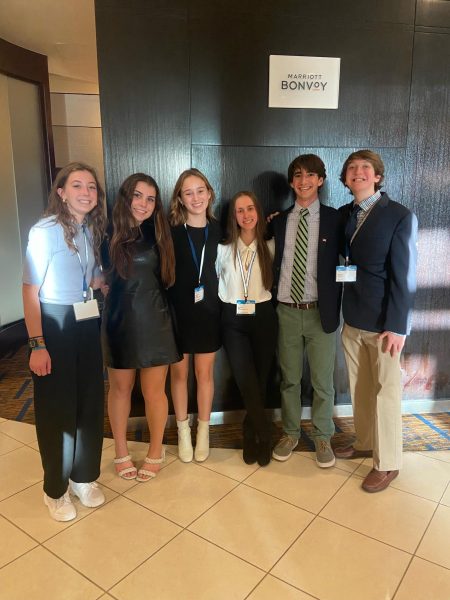Professional Piano Duo Seeks International Peace
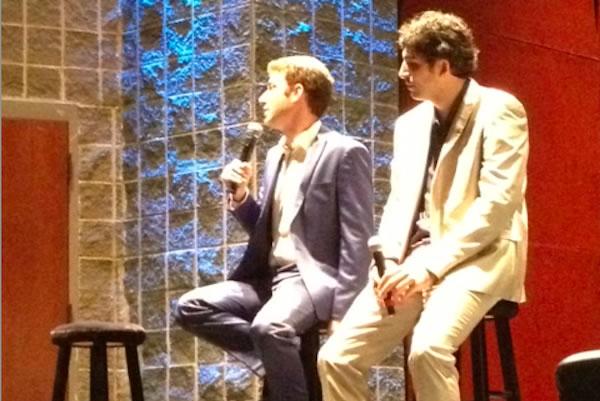
Bishara Haroni and Yaron Kohlberg answer questions from the audience after their performance.
Given the proximity to the 75th anniversary of Kristalnacht (Night of Broken Glass), the international memory of the Holocaust is again resurfacing. Now, nearly a century later, the Jewish people have a homeland in the form of Israel, a nation with a troubled history of its own.
The Gaza strip is a fertile piece of land for international conflict, but on November 10 in the Gunter Theater at the Peace Center, all political, racial, and religious unrest was momentarily mollified as two pianists took the stage.
Their names are Bishara Haroni and Yaron Kohlberg, currently touring in America. One is Palestinian, the other, Israeli, and together they play music.
Completely in sync with one another, they each lean in to and nearly jump out of their seats when the music strikes them. Their passion is not overwhelming, but rather creates a lighthearted and playful atmosphere in the theater.
Their faces reveal great diligence and enjoyment. While one may be smiling to himself as he plays, the other may be caught in a wide-eyed trace with his music. The best way, though, t listen to them is with closed eyes. It is when all other senses are dulled that their music is the most vivid. Their interpretations of Schubert, Prokofiev, and Rachmaninoff are illuminating. They also play works by Avner Dorman and Sameer Odde Tamini, friends of the duo who commissioned works to them. To the imagination, their music can become the soundtrack to a hot and dusty evening in Gaza, or ignite a montage of images featuring recent news events in the Middle East.
The two trained together under Zubin Mehta, the former conductor of the Los Angeles Symphony. They did not collaborate until, in 2011, they were asked to participate in a peace promotion concert in Oslo. Since then, they have formed the Duo Amal, the “Israeli-Palestinian piano duo” and have also helped to create a Palestinian-Israeli Cultural Club in Berlin to further promote peace efforts.
Though their name seems appropriate, they admit that it took them a very long time to choose it. They explain that “amal” means hope in Arabic, and that was the best way to describe what they were doing. They explain that the hostility between their nations can be eventually resolved, and that they are helping to contribute to this. They say that “every problem can be solved with communication” and that music is an international language, transcending all borders. With their music and charity efforts, Duo Amal hopes to promote peace in their region because “music is a hope for future in general.”
Together, Haroni and Kohlberg fill a room with excited, sometimes anxiously slow music. The two appear not concerned by each of their respective nation’s animosity, instead choosing to ignore the politics in favor of their music. When the last key is struck they share a brief moment, each smiling with pride and relief. As they bow, embracing one another, for the audience they seem like two great friends who are just really excited to share their music together.


